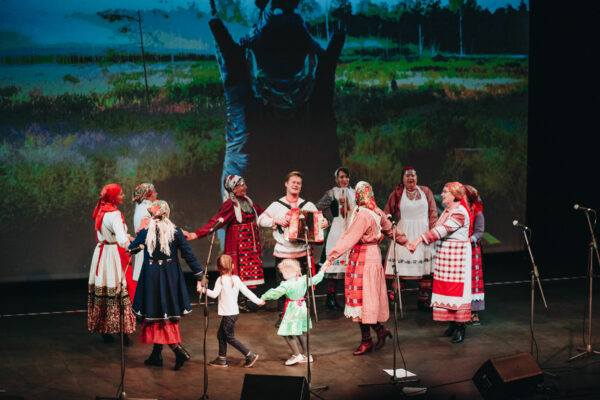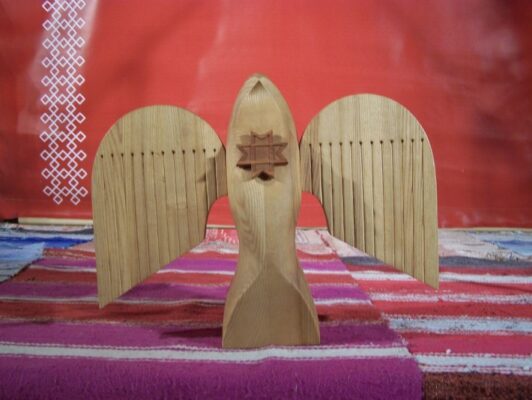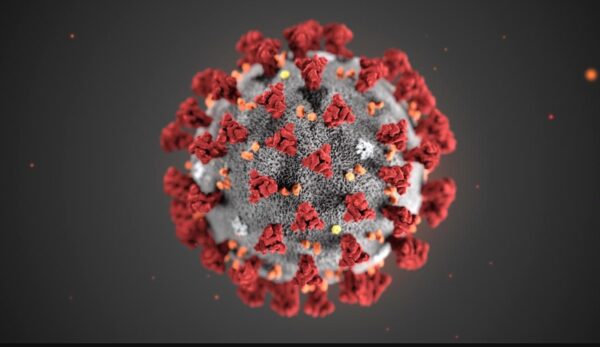Estonia nominated dugout boat to UNESCO´s List of Intangible Cultural Heritage
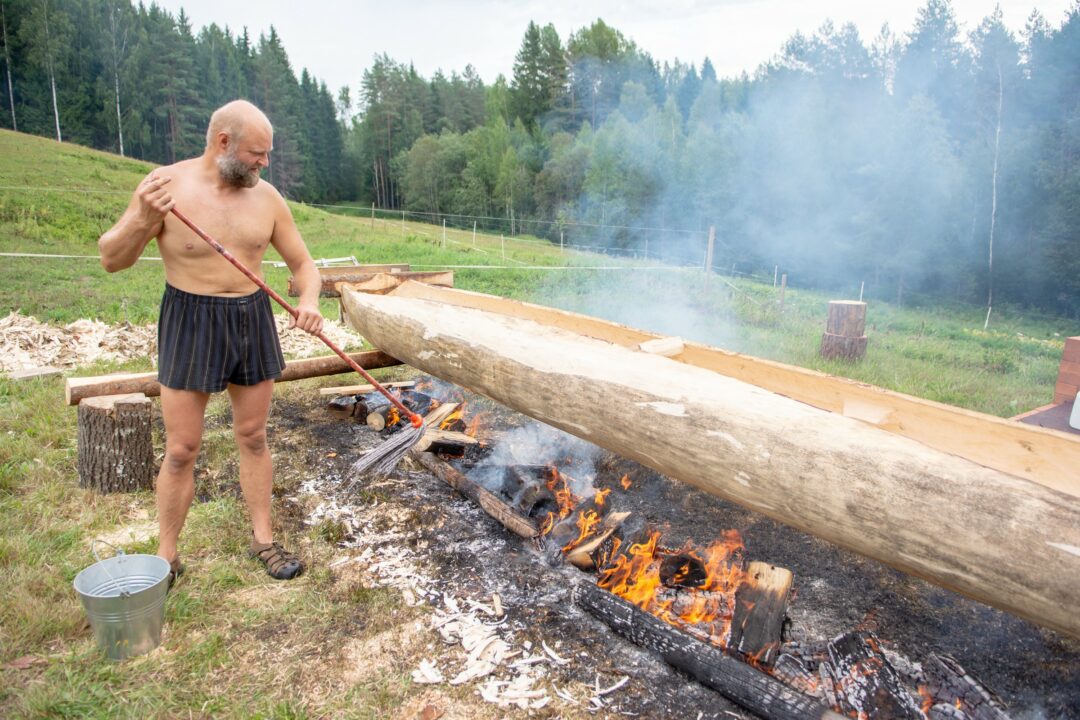
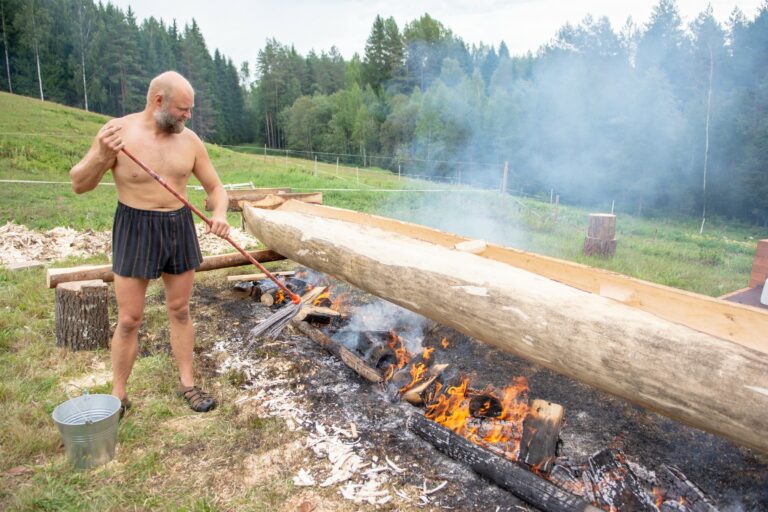
On March 19, Estonia’s minister of culture Tõnis Lukas signed the application to nominate “Building and use of expanded dugout boat in Soomaa region” to UNESCO list of intangible cultural heritage in need of urgent safeguarding. The decision on inscribing dugout boat culture of Soomaa into the global list will be made by UNESCO at the end of 2021.
The dugout boat of Soomaa represents an indigenous Estonian and Finno-Ugric cultural heritage which is embodied in the traditional building techniques of the dugout boat, as well as its various uses, including as everyday vehicle during annual floodings. Today, Soomaa is the western border of the usage area of the dugout boat in Eurasia.
Even though currently the dugout boat culture of Soomaa is rather viable due to five dugout boat masters and supportive Soomaa local community, longer-term survival of Soomaa’s dugout boat culture requires further efforts and safeguarding. For this reason, Estonian Dugout Boat Society NGO led the preparation of the nomination to UNESCO.
In the words of Aivar Ruukel, leader of the “Dugout Boat to UNESCO” project and a dugout boat master, the main objective of the UNESCO application is to ensure succession of masters: “Our greatest hope is to awaken interest in the building of dugout boats among young men, but why not also among young women. If after 20 years we have some young and energetic dugout boat masters, then we have reached our goal.”
UNESCO application was prepared in close consultations with the local community of Soomaa. Sandra Urvak, active member of the Soomaa community, says that making it to the UNESCO list would help residents of Soomaa appreciate their ancient cultural heritage even more, “For the people of Soomaa, for whom the dugout boat is something natural, the drawing of such International attention has brought much enthusiasm, strengthened their self-confidence and interest in their cultural heritage in a wider sense, also beyond the dugout boat.”
Read more medium.com/@Ruukel (Aivar Ruukel, medium.com, 24.03.2020)
